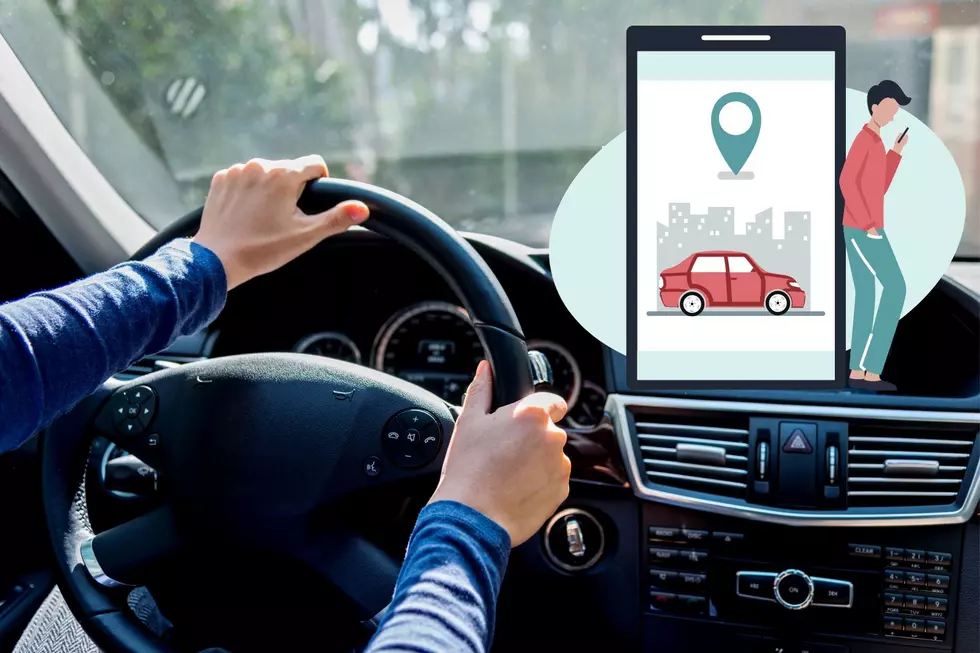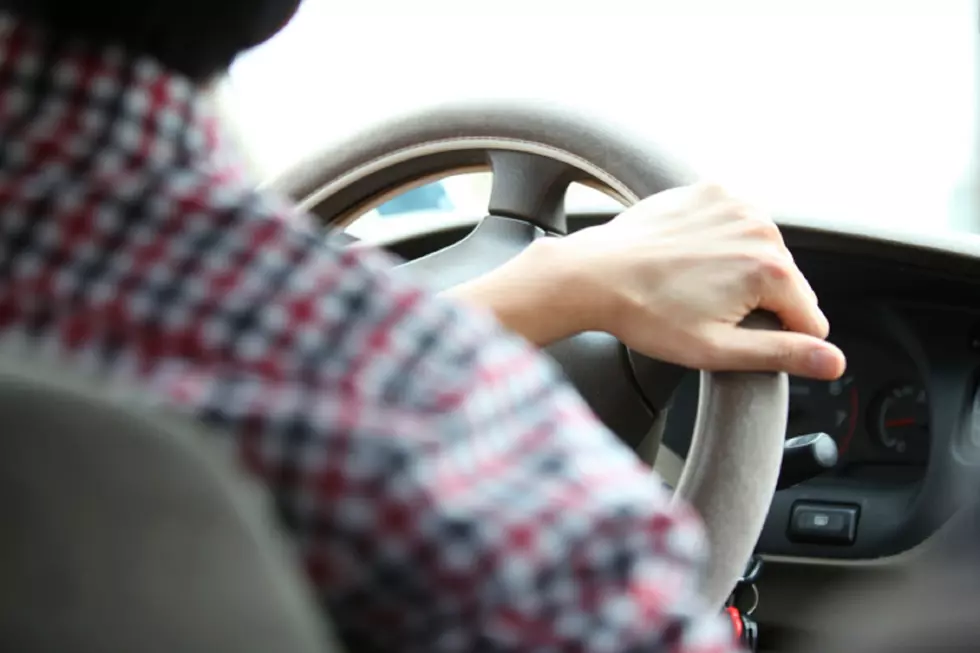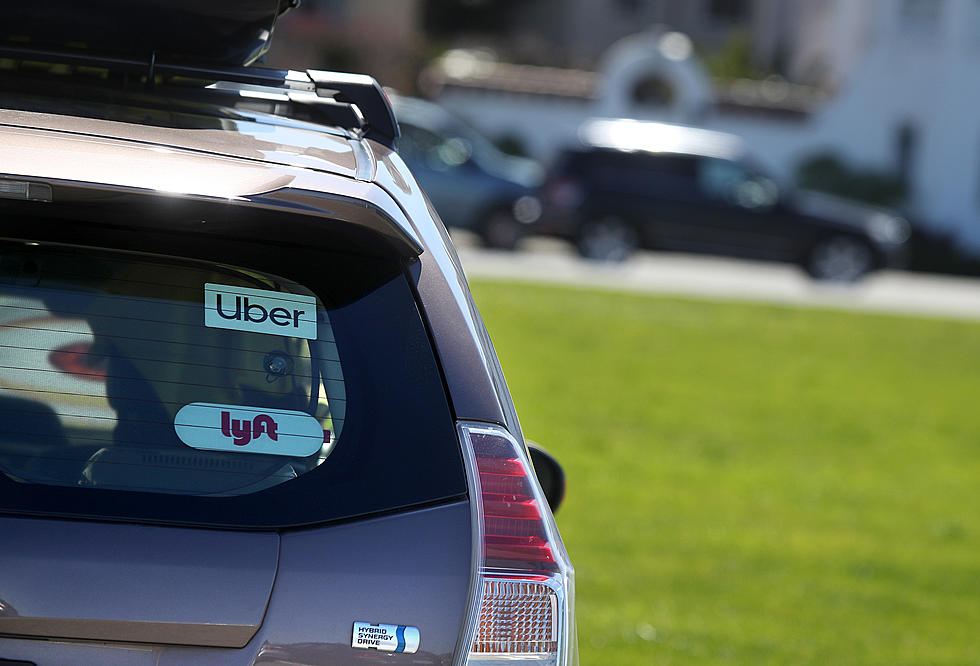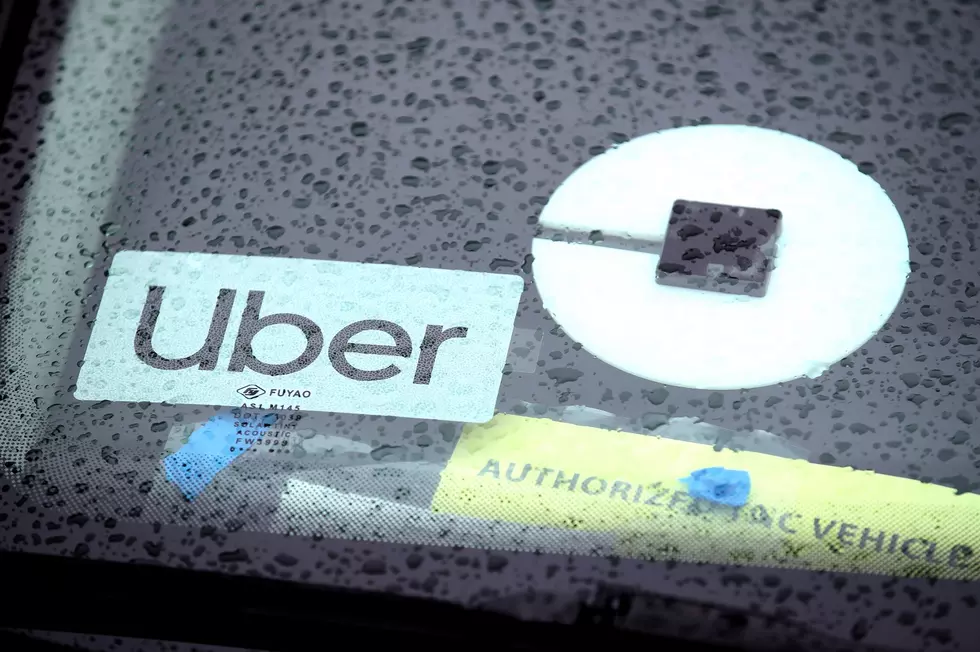
NJ hospitals teaming up with Uber, Lyft for free patient rides
Millions of Americans miss medical appointments each year, or arrive late, because they can't secure a ride there and/or back.
Two large hospital systems in New Jersey recently announced their plans to put a dent in that number. Both are in the initial launch stage of their projects, but system-wide expansion is around the corner.
In a partnership with the ride-sharing platform Uber — through its Uber Health dashboard — RWJBarnabas Health is offering both on-demand and pre-scheduled rides to patients traveling to and from their non-emergency medical appointments.
The dashboard is HIPAA-compliant to protect sensitive patient data.
“We know transportation can be a barrier in accessing necessary health services and we are pleased to partner with Uber Health to help address this need,” Barry H. Ostrowsky, president and CEO of RWJBarnabas Health, said in a news release. “Our goal has always been to make health care more accessible and with Uber Health, we can reduce transportation barriers for patients traveling to primary care appointments and follow-up care visits, and provide a safe ride home after being discharged from the hospital.”
The free service started at Jersey City Medical Center and will expand across the RWJBH system in the coming months, complementing transportation services already in place.
Lyft is now the primary ride-share provider for Hackensack Meridian Health. The service streamlines and expedites the network's efforts to transport patients home from their appointments.
A ride can be requested in seconds at JFK Medical Center in Edison and the Raritan Bay Medical Center locations in Old Bridge and Perth Amboy. Before, patients were given vouchers for a taxi or car service.
"The plan is to have it rolled out across the entire network as soon as possible — likely by the end of the year," said Peter Hughes, the hospital system's vice president of strategic activation.
With this change, Hughes said, Hackensack Meridian Health can ensure a patient is dropped off at the proper location.
"We've decreased costs, our customers are happier, and we're able to track them in a better way, so it's a kind of a win-win-win all around for us," Hughes said.
JFK was able to cut transportation costs by 25 percent in three months of a pilot run.
According to the Community Transportation Association, inadequate access to transportation causes roughly 3.6 million Americans to miss or arrive late for medical appointments each year.
More from New Jersey 101.5:
Contact reporter Dino Flammia at dino.flammia@townsquaremedia.com.
More From SoJO 104.9 FM










